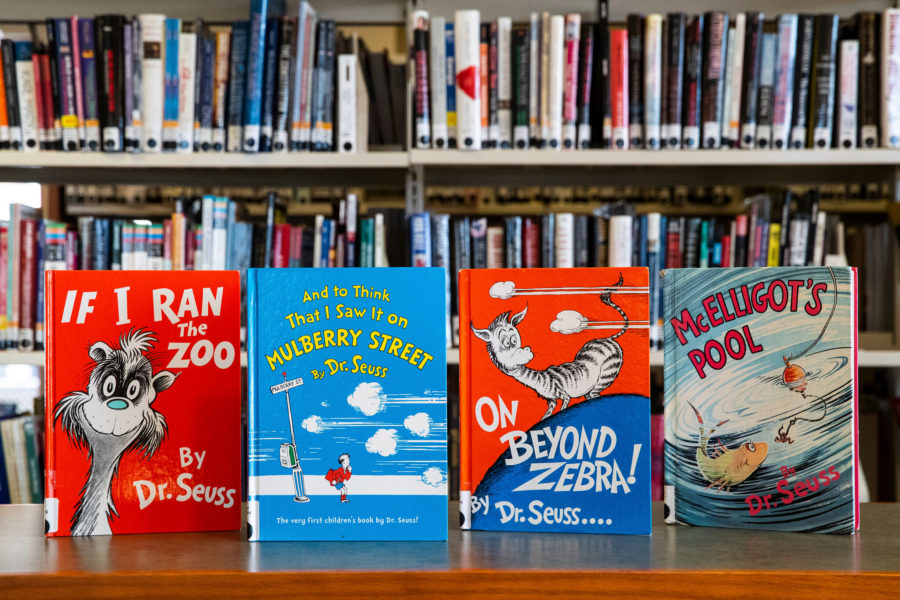Cancel culture has been on rise within the last few years. Whenever a celebrity, a company or an otherwise infamous public figure is found to have committed a crime or scandalous act, many people come together to “cancel” that product or figure by no longer supporting their work or boycotting any future projects.
There has been a lot of controversy around cancel culture, though, especially the people it chooses to target. The most recent of these targets has been Theodor Seuss Geisel. Geisel, better known by his pseudonym Dr. Seuss, was an author and cartoonist best known for his children’s books. During his lifetime, he wrote and published over 60 books, including ‘Cat in the Hat’, ‘The Lorax’ and ‘How the Grinch Stole Christmas’.
However, it was revealed last week that six of his works contained harmful stereotypes and racist imagery. One of those books was ‘And to Think That I Saw It on Mulberry Street’, which was Seuss’ first published work.
When the news was released, many were under the impression that all Dr. Seuss books were being canceled. However, that is not the case. Though mainly active throughout the 50s and 60s, a lot of Seuss books are considered to be ahead of their time regarding issues like environmentalism and war. However, Seuss was not immune to all of his world’s biases, and many have criticized the unconscious racism present in his work.
The Seuss estate has also taken note of these issues and has reviewed these books within the last year. After some debate, the estate decided to stop production of some of Seuss’s books. These books include ‘And to Think That I Saw It on Mulberry Street’, ‘McElligot’s Pool’, ‘The Cat’s Quizzer’, ‘On Beyond Zebra!’, ‘Scrambled Eggs Super’ and ‘If I Ran the Zoo’.
This decision was made after company members had talks about the impact Seuss had on the community at large. Dr. Seuss is one of the world’s top children’s authors, and millions of his works have been sold globally. Thus, it is only natural to assume that readers will be heavily influenced by Seuss’s works.
By allowing these books that misrepresent minorities to see republication, the next generation could be influenced in harmful ways and make it so that racism is continually, if subtly, perpetuated. By stopping production of these books, the Seuss Estate is taking responsibility for its founder’s actions and making efforts to keep his legacy alive without being disrespectful to minorities.
So, why is this happening now? Simply put, discussions about racism and outdated stereotypes are being discussed and protested in a larger context than previously seen. This increased scrutiny is what made the Seuss Estate reevaluate these older books in the first place.
However, is stopping the production on these six books considered censorship? According to Oxford Languages, censorship is “the suppression or prohibition of any parts of books, films, news, etc. that are considered obscene, politically unacceptable, or a threat to security”.
Seuss’s works, by definition, are technically being censored. However, it is being censored due to the nature of the imagery depicted. Seuss is still widely loved as an author, but the more problematic parts of his writing are not being overlooked, either. Censorship is a necessary evil in this case because of the people it has and will potentially affect.
























